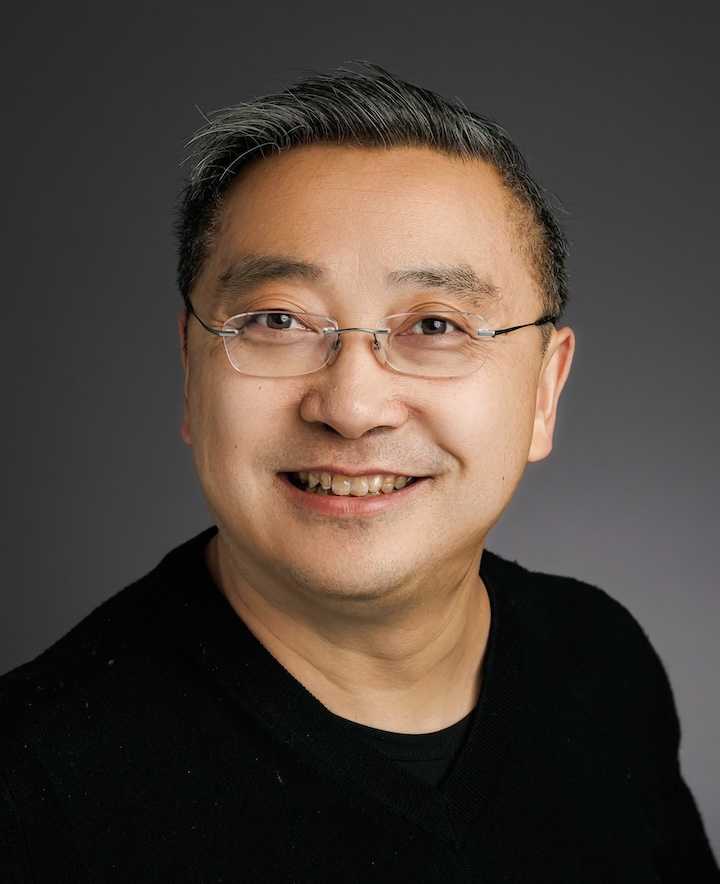| Home | Research Group | Publications | Teaching | Services | Personal |

|
|
|||
|
I am an experimental computer scientist who builds systems to validate research hypotheses. Our current research focuses on designing low-latency, high-throughput systems in the context of AI and Quantum Computing. In AI, we are rethinking the serving stack for foundation models. Our work on Prompt Cache has already become a standard practice in industry. In Quantum Computing, we address one of the most computationally demanding classical challenges for fault-tolerant quantum computers: quantum error correction (QEC) decoding. We have developed some of the world's most advanced QEC decoders, including Helios, Fusion Blossom, and Micro Blossom, which have influenced both commercial QEC decoder development and scientific experiments.
We also have a lasting interest in novel operating systems (OS) design, from Linux-based K2 to All our research is open-source. If you have trouble locating a code repository, feel free to email us. ☆Graduate research opportunities available in a broad range of experimental topics. Many of the opportunities are collaborative with colleagues from the NSF AI Institute and Yale Quantum Institute. My earlier research was in Mobile Computing, with work that has influenced many aspects of modern smartphones, including displays, browsers, sensors, heterogeneous cores, cameras, and mental health applications. Our first low-latency, high-throughput system was Argos, the world's first massive MIMO system. It contributed to 3GPP 5G development and was commericialized by Skylark Wireless, a startup co-founded by my former Ph.D. student. We later showed that real-time massive MIMO baseband processing can be fully implemented in software, eliminating the need for specialized hardware such as FPGA. Ph.D. Alumni (and their first jobs)
Selected Recent Publications (Full list)
Dangerous Opinions |
||||
 Pie
Pie Hopter
Hopter